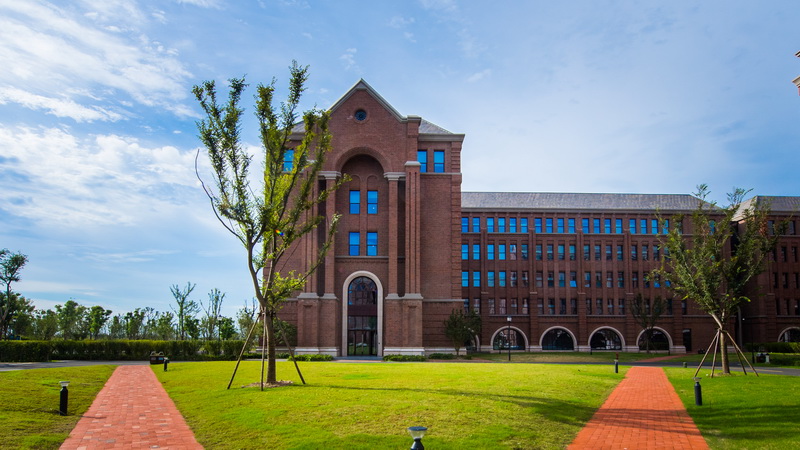The Language Center currently consists of the English Language Center and the Chinese Language Center, which together offer a range of courses and services to meet the needs of the International Campus. The Language Center is located in the Arts and Sciences Building, with staff offices on the 4th floor and the 'Language Clinic' suite on the 1st floor.
As English is the language of instruction on the International Campus, and the major language of academic and professional communication globally, the English Language Center seeks to perform a crucial role in supporting communication and learning across the campus. The Center provides teaching and support to enable students to succeed in their degree study, and in broader English challenges in their life and future career. The ELC takes an English for specific purposes (ESP) approach, teaching both the linguistic and accompanying non-linguistic competencies required for advanced academic and professional English communication.
The ELC’s provision thus includes content on:
- writing a range of academic genres (e.g. essays, lab reports, emails, resumes, applications)
- speaking in seminars, presentations, and conversations around campus with staff and students
- reading and listening to a range of academic genres (e.g. textbooks, lectures, research articles)
- workshops for external tests such as TOEFL and IELTS (click on link to book)
- research communication for graduate theses and published articles
- non-linguistic aspects of academic communication (e.g. data visualization, PowerPoint design)
- metacognitive strategies around English language learning
- intercultural communication and the contemporary culture of English-speaking countries
- supporting academic staff on course design and teaching to reduce unnecessary language-related difficulty
- supporting effective English-language communication around the campus generally
Accordingly, our work involves a high level of engagement with colleagues and students across the campus. Indeed, we currently provide courses for every academic department on campus, at every level of study, and frequently provide support to professional departments on English-related issues.
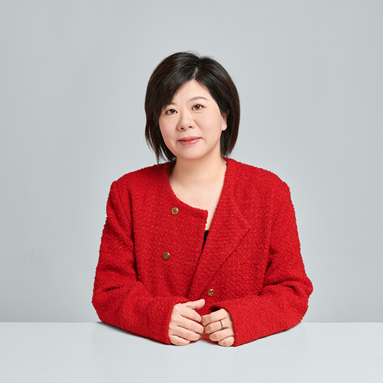
Fang Fan
Expert Consultant
hzhzdonna@
zju.edu.cn
zju.edu.cn
Prof.Fang is a professor and doctoral supervisor at the School of International Studies, Zhejiang University. Her main research interests are English and American literature and Australian literature, with rich experience in literature courses for both English major and non-English major students. From September 2008 to September 2009, she was sponsored by the Bao Scholarship Fund as a visiting scholar in the Department of English at Harvard University. In July-August 2014, Prof.Fang went to the University of Turin in Italy as a visiting scholar, and in July-August 2015, she went to the Department of English at the University of Cambridge in the U.K. as a visiting scholar. Now Prof.Fang is also the deputy director of the Foreign Language Society of Zhejiang Province.

Robert Holmes
English Lecturer
robertholmes@
intl.zju.edu.cn
intl.zju.edu.cn
Robert Holmes gained his MA (with merit) in English language teaching with applied linguistics from Kings College London, and his BSc in forensic science with psychology from London South Bank University, and holds the Certificate in English Language Teaching to Adults (CELTA). His Masters dissertation focused on content- and project-based materials development for EAP. Rob has previously taught at Xi’an Jiaotong Liverpool University, East China University of Political Science and Law, and other institutions in the UK and South Korea. He has particular interest in English for specific academic purposes course design and teaching.
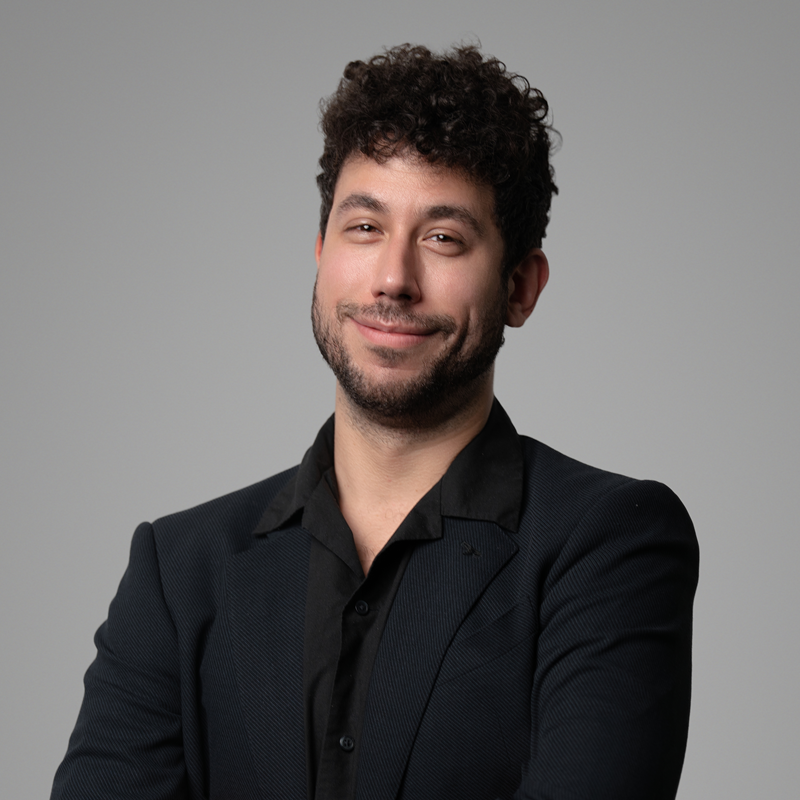
Chris Traycoff
English Lecturer
Christophertraycoff@
intl.zju.edu.cn
intl.zju.edu.cn
Chris Traycoff holds a bachelor’s and master’s in Teaching English as a Second Language from Kent State University in Kent, Ohio, USA. He gained his postgraduate Teaching English as a Second Language (TEFL) Certificate during his sophomore year of undergraduate studies in Germany. His research focus pertains to sociocultural aspects and L2 discourse community expectations in L2 writing and Intercultural Rhetoric between English and Chinese in academic writing for Chinese speakers of English. Chris has extensive experience in L2 curriculum development and design, L2 pedagogy and L2 reading and writing.

Julia NG
English Lecturer
julia@
intl.zju.edu.cn
intl.zju.edu.cn
Julia Ng holds a Master of Arts in Applied Linguistics from Ohio University, USA, and a Bachelor of Education in Teaching English as a Second Language (TESL) from Universiti Teknologi Malaysia. A CELTA-qualified language teacher, Julia has taught a variety of English courses at universities in China for more than a decade. She also has extensive experience coaching Chinese undergraduates for speech competitions. Her research interests lie in EAP materials design and best practices in the EAP classroom.
Introduction
The International Campus of Zhejiang University aims to provide an international teaching and research environment that is integrated with the world. And in this rapidly changing global society, no matter what your major is, language is always the tool to explore a culture, to show mutual understanding, and to promote communication. To foster cross-cultural vision and resolve regional conflicts both require language as a medium of communication. Learning Chinese can not only meet the basic needs of life in China, but also expand the horizon, improve leadership, and make you a positive participant in the new era of globalization.
The Chinese Language Center in the International Campus of Zhejiang University provides various levels of Chinese language courses in small groups, with various cultural experiences and communication activities in an immersive learning environment. After taking basic Chinese courses, students can live independently in China. After the advanced Chinese course, students can understand Chinese society directly and deeply in Mandarin and even engage in economic and cultural relevant business. In the near future, the center will be launching short-term Chinese language learning programs for individual groups.
Courses
To accommodate different language learners, the Chinese course curriculum is designed for 4-year period with the goal of developing speaking, listening, reading and writing skills. We also put an emphasis on accuracy of speaking and pronunciation, and thus to improve fluency and intergraded language ability. We provide four levels of Chinese language courses along with elective courses such as Chinese writing, conversation, and professional Chinese courses.
For first level and second level Chinese courses, students will have classes every day for six hours a week. And the course is divided into two sessions: big group lecture class and small group drill class. Small group drill classes have a maximum of 10 people and big group lecture classes have a maximum of 20 people to guarantee learning quality. For the third level and fourth level Chinese courses, students can take elective language courses besides4 hours comprehensive Chinese language course per week. In addition to classroom teaching, the Chinese Language Center also provides a series of lectures, cultural experiencing activities to meet students' need and create opportunities to use the language in real life.
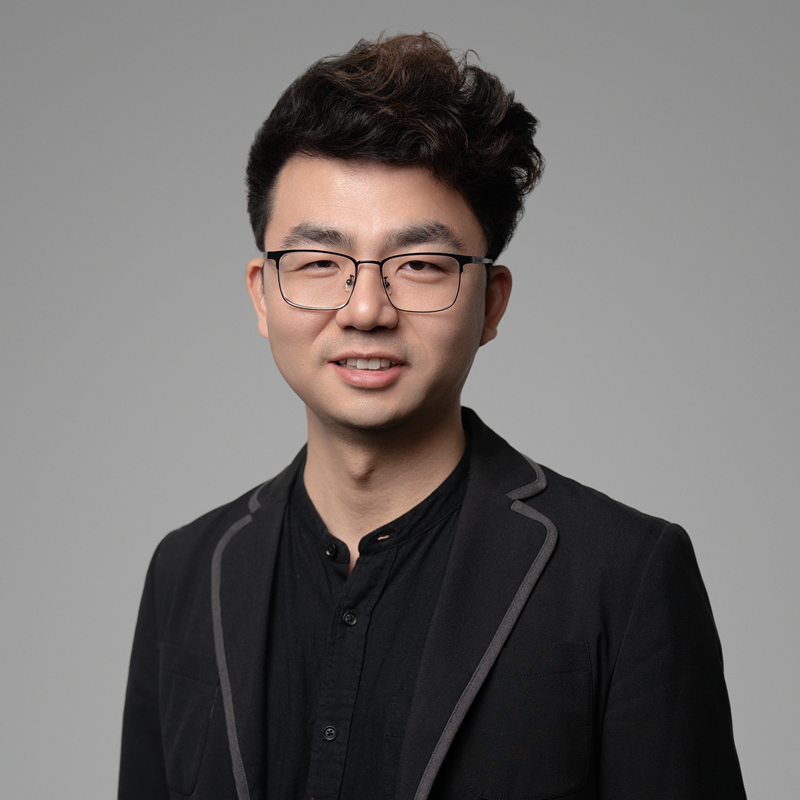
Dalong CHEN
Studied his BA in Teaching Chinese as Second Language at Zhejiang University with minoring in economics and his MA in Literature and Art Theory at East China Normal University, focusing Kant’s Aesthetics.
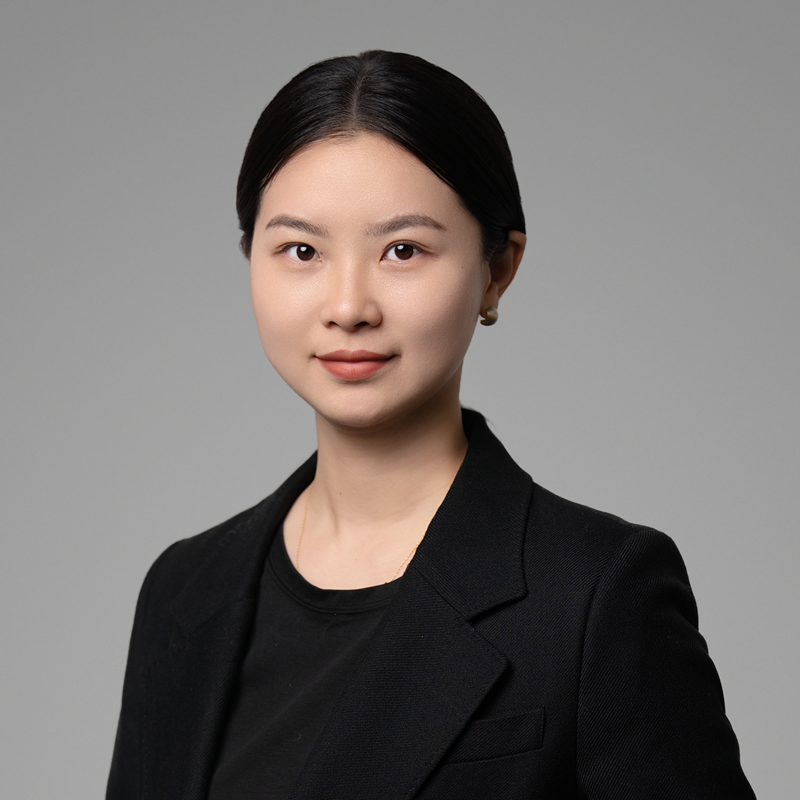
Jiayi WU
Wu Jiayi, majoring in Chinese language and literature at Zhejiang University, studied China's culture, language and literature. She received a Bachelor degree of Arts in 2014. During the postgraduate period, she focused on researching on the field of the second language acquisition and pedagogy and obtained Master degree of Teaching Chinese to the Speakers of other Languages in Zhejiang University in 2017. In 2015, as a volunteer of Chinese teachers at the Confucius Institute of the University of Western Australia, she conducted one-year Chinese language and culture teaching Program at the local primary and secondary schools in Perth. After returning home, she coached A-level's Chinese course.
Her teaching expertise is to adopt multiple teaching methods to improve students ' Chinese listening and speaking ability. She has offered courses like Chinese Listening & Speaking (Ⅰ) and Chinese Listening & Speaking (Ⅱ).
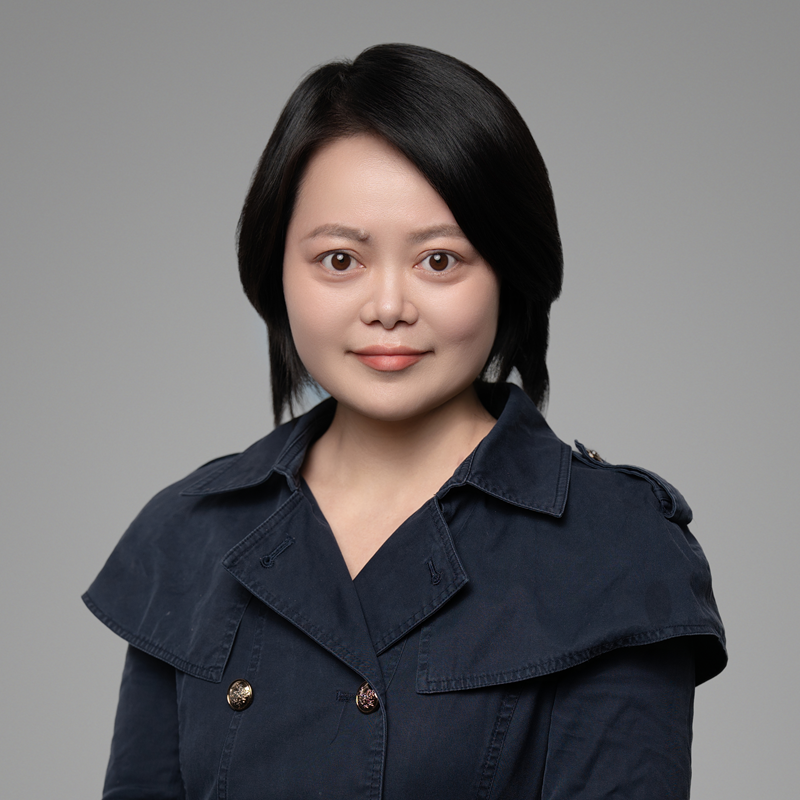
Jinrong ZHOU
Zhou Jinrong attended the Xiangtan University where she attained a B.A. in Teaching Chinese as a Foreign Language, followed by an M.A. in Teaching Chinese to Speakers of Other Languages from East China Normal University. Her scholarly interests focus on the teaching foreigners to learn Chinese characters. She has been teaching foreigners to learn Chinese since 2007. She holds the Certificate for Teachers of Chinese to Speakers of Other Languages(CTCSOL). Before coming to Zhejiang University, she served as mandarin teacher in Council on International Educational Exchange (CIEE) in Shanghai, Confucius Institute at Victoria University of Wellington in New Zealand, Gateshead, Tyne and Wear in UK, Donghua University. She teaches Chinese Characters Learning and Chinese writing since September 2017 in International Campus Zhejiang University.


